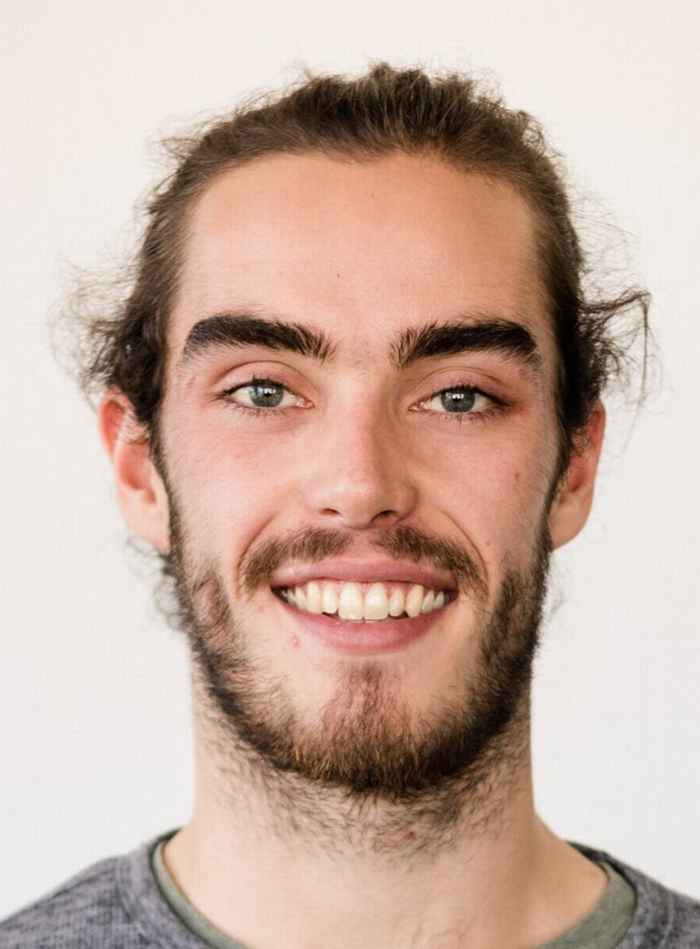DSC member spotlight: Niklas Müller
14 July 2023

How do you apply data science to your projects?
'My work focuses on building computational models of the human visual system, and more specifically: how we can utilize knowledge about computations happening in the human eye to improve models of visual perception. This includes models that try to mimic human behaviour in visual tasks (e.g. eye movements, reaction times in search tasks) and models that aim at replicating and explaining human brain activity.
All this work is centered around data coming from experiments or simulations. This data is often subject to privacy issues, needs to be anonymized, and protected. Furthermore, both collected and simulated data is often intended to be shared and therefore needs to be managed, curated, and maintained over a long period of time. I use data science methods for these purposes, as well as for other functions like data analysis, data cleaning, and visualizations.'
Is there a project from this past year that you are most proud of?
'Together with a group of students, I have been collecting different types of data to build the Open Amsterdam Data Set (OADS). The basis for this dataset is a set of ultra-high resolution images of natural scenes from the streets of Amsterdam.
We use these images in experiments where we collect EEG data, eye tracking data, task responses, object annotations, navigational path annotations and more. This dataset showcases the importance of high-quality input when modeling human visual processing, and is a resource for researchers in computer vision, machine learning and visual neuroscience. Collecting and curating such a dataset is a very interesting learning experience with many challenges outside the scope of “standard” data analysis.'
What do you like most about being a DSC member?
'While every individual in the community works in their own field, there is a large overlap in scientific methods used. It shows me that other researchers share the same problems (and hence potential solutions) even if the subject differs. That helps me snap out of my rabbit hole of research, and highlights how the global research community plays such an important role in forming knowledge and advancing the borders of what’s thought to be possible.'
What is your favourite data science method?
'My background is in computer science, and I have always been drawn to repeated patterns. During data exploration it is most effective to create a visual representation of the data. However, before I do that, I often have a stage where I just scroll through the actual numbers looking for patterns (yes, that also works). This might seem very tedious but gives you a great feeling of how the data actually looks like without any distortions through visualization, etc. My incline to repeated patterns then lead me to explore Neural Networks which soon became one of my favorite data science methods.'
Are you camp Python/R/or something else?
'Camp Python. Period.'
'Coming from software development and computer science, I am very used to programming in object-oriented programming languages. Python offers great opportunities to write flexible code that allows for multiprocessing and efficient data analysis. From my experience, it is advantageous to spend a bit more time on the code and think ahead to accommodate for future changes. I am also happy to help anyone to become a more confident and efficient coder!'